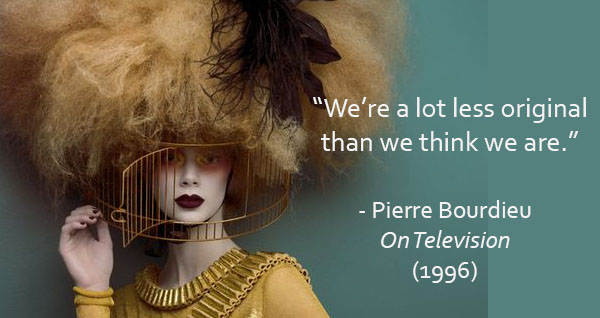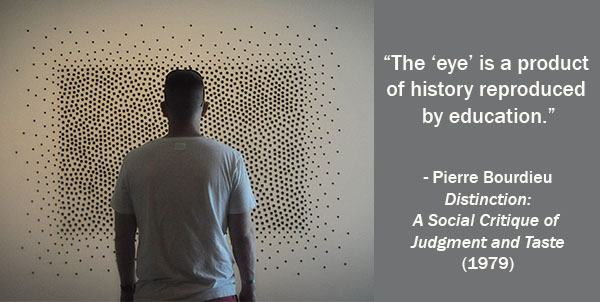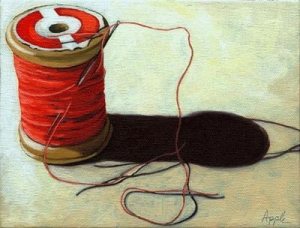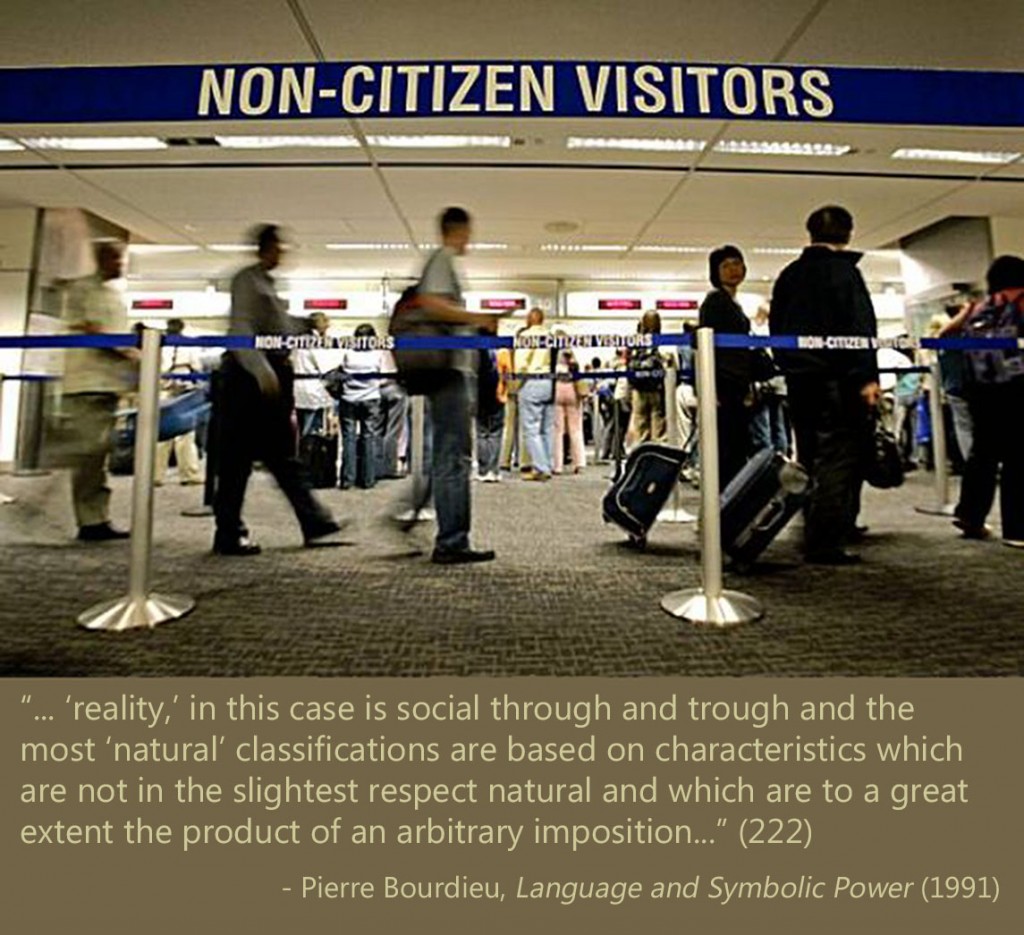 Read more
Read more
On the Spot with Russell McCutcheon
“On the Spot” backs members of Culture on the Edge into a corner to talk about their backgrounds, their ongoing work, and what might be gained by an alternative understanding of how identity works.
 Q: Russell, what types of theoretical and methodological shifts have your work taken throughout the years as it pertains to the category of religion?
Q: Russell, what types of theoretical and methodological shifts have your work taken throughout the years as it pertains to the category of religion?
A: Much as our initiative, here at Culture on the Edge, makes apparent, I think that it’s tougher work to read an author in his or her historical setting and thus far easier to generalize across what are in fact discrete, situationally-specific works that each engaged discrete issues. I say this in answer to your question because—at least judging from my own point of view, with regard to how I see my own work—I think that my early work is far different from what I’ve been doing these past few years. Continue reading “On the Spot with Russell McCutcheon”
On Seeing
 Read more.
Read more.
On Classification
Imagining Identity
 What if we, as scholars, told the following narrative? In the first century there was a man named Jesus who invented a magical spool of invisible thread. He carried the spool with him everywhere he traveled as an itinerant preacher. When those who heard his message accepted it, he would magically partition the invisible thread, handing an end to each new follower. Jesus’ disciples each carried an end of this invisible thread, and everywhere they went they too distributed it. Like the loaves and the fishes Jesus is said to have multiplied to feed the masses, so was the thread multiplied and divided—like a complicated spider web—across the face of the ancient Mediterranean world. In fact, the thread stretched not only across space but across time as well, although it has been divided innumerable times over the last two millennia. Contemporary followers of Jesus in the Catholic, Eastern Orthodox, and Protestant churches hold the thread today at its various temporal and spatial termini. Continue reading “Imagining Identity”
What if we, as scholars, told the following narrative? In the first century there was a man named Jesus who invented a magical spool of invisible thread. He carried the spool with him everywhere he traveled as an itinerant preacher. When those who heard his message accepted it, he would magically partition the invisible thread, handing an end to each new follower. Jesus’ disciples each carried an end of this invisible thread, and everywhere they went they too distributed it. Like the loaves and the fishes Jesus is said to have multiplied to feed the masses, so was the thread multiplied and divided—like a complicated spider web—across the face of the ancient Mediterranean world. In fact, the thread stretched not only across space but across time as well, although it has been divided innumerable times over the last two millennia. Contemporary followers of Jesus in the Catholic, Eastern Orthodox, and Protestant churches hold the thread today at its various temporal and spatial termini. Continue reading “Imagining Identity”
The Ambivalence of Intellectuals

“intellectuals are holders of cultural capital and, even if they are the dominated among the dominant, they still belong among the dominant. That is one of the foundations of their ambivalence….”
So wrote the French sociologist Pierre Bourdieu (d. 2002), in the closing lines to a 1996 address entitled “The Myth of ‘Globalization’ and the European Welfare State” (published in his little book, Acts of Resistance [29-44]). I think these lines are well wroth remembering when we read scholarship that writes against the grain, as some call it, or which undermines elite narratives by doing history from the ground up (what we once called social history). For, despite what they likely see as their own noble goals, the supposedly silenced voices that they recover are the products of their own travel grants, sabbaticals, and the privilege that comes with earning ones living by writing and talking about features of other people’s lives that strike us as interesting. Continue reading “The Ambivalence of Intellectuals”

